ABOUT
Learn more about Sport Hypnotherapy & Sue Williams Cl-Hyp

About Sue Williams.
Sue Williams Cl-Hyp is a passionate horse rider, devoted mother, and proud grandmother. Beyond these roles, she is deeply committed to making a difference in people's lives through the incredible power of natural therapies.
Sue's journey into the world of holistic healing began years ago, fuelled by a desire to explore alternative approaches to health and wellness. Today, she is a multifaceted practitioner, specializing in various modalities such as Clinical Hypnotherapy, Quantum Journeys Hypnosis, NLP, life coaching, mindfulness, and more.
As a Quantum Counseling practitioner, a modality based on quantum biology and epigenetics, Sue has dedicated herself to mastering techniques that harness the body's innate ability to heal and thrive. One aspect of Sue's practice that she is particularly excited about is bioenergetics, where she utilizes cutting-edge technology like Energy4Life Health scans and infoceuticals to assess and rebalance the body's energy systems.
Whether it's for humans, horses, dogs, or cats, her goal is to optimize well-being and vitality on all levels.

About SPORT HYPNOTHERAPY.
Sue's Clinical Hypnotherapy work started back in 2020, when she saw a need to assist athletes to conquer negative beliefs and mindset, improve physical and mental performance and overcome injuries and setbacks.
She has concentrated her focus on using Hypnosis for change work, with her specialist practice now in its sixth year. All one-on-one sessions are done on Zoom so it doesn't matter where Sue's clients are located. Sessions with sporting teams can be arranged as in-person visits or on Zoom.
Want to book but need split payments? No worries!
Afterpay, Zip, credit card and direct debit installment plans are all available!




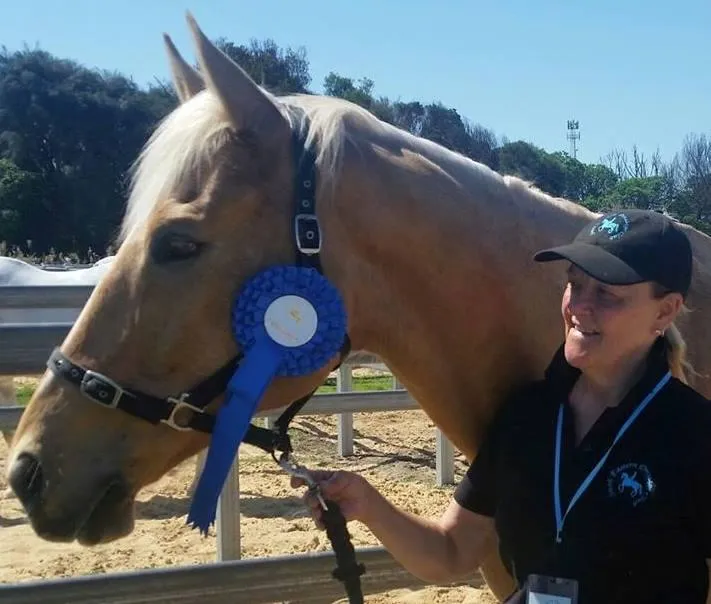
What Is Clinical Hypnotherapy?
Clinical Hypnotherapy uses hypnosis as a supportive tool to help individuals shift mindset patterns, build confidence, and explore personal growth. It is not psychotherapy, nor is it a medical treatment. Instead, it offers a unique and empowering way to engage with your subconscious mind and work toward meaningful change.
Regain Clarity and Confidence with Hypnosis
Hypnosis offers a gentle, focused approach to help you reconnect with your ability to choose how you respond, think, and feel. It can be a valuable method for developing greater self-awareness and fostering constructive change in everyday life.
The Potential of Hypnosis
Hypnosis may support you to:
*Let Go of unwanted behaviours or thought patterns that no longer serve your goals
*Begin anew by building habits and perspectives that align with your values
*Sharpen Focus and strengthen performance in areas such as study, sport, or communication
A Broad Range of Applications
Many individuals use hypnosis to support changes in everyday habits such as smoking, nail-biting, or over-eating. It can also assist in managing common stress triggers and building resilience in challenging situations.
While hypnotherapy is not a substitute for medical or psychological treatment, some people find it beneficial as a complementary tool in navigating personal fears, building confidence, or managing discomfort in certain situations.
Clients often report feeling more grounded, capable, and in control after engaging with hypnotherapy. If you're ready to explore a new approach to mindset and personal development, hypnotherapy may be the next step.
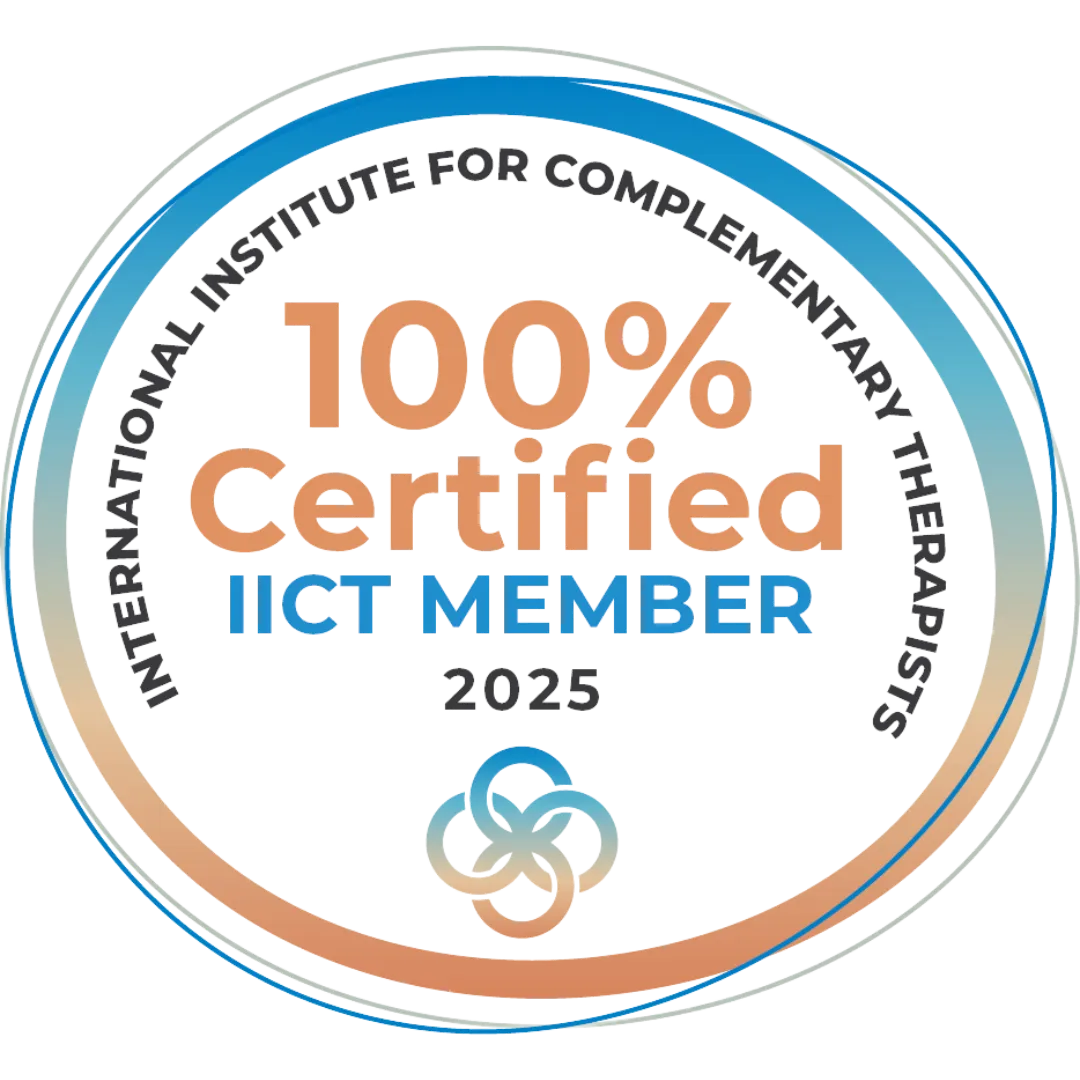
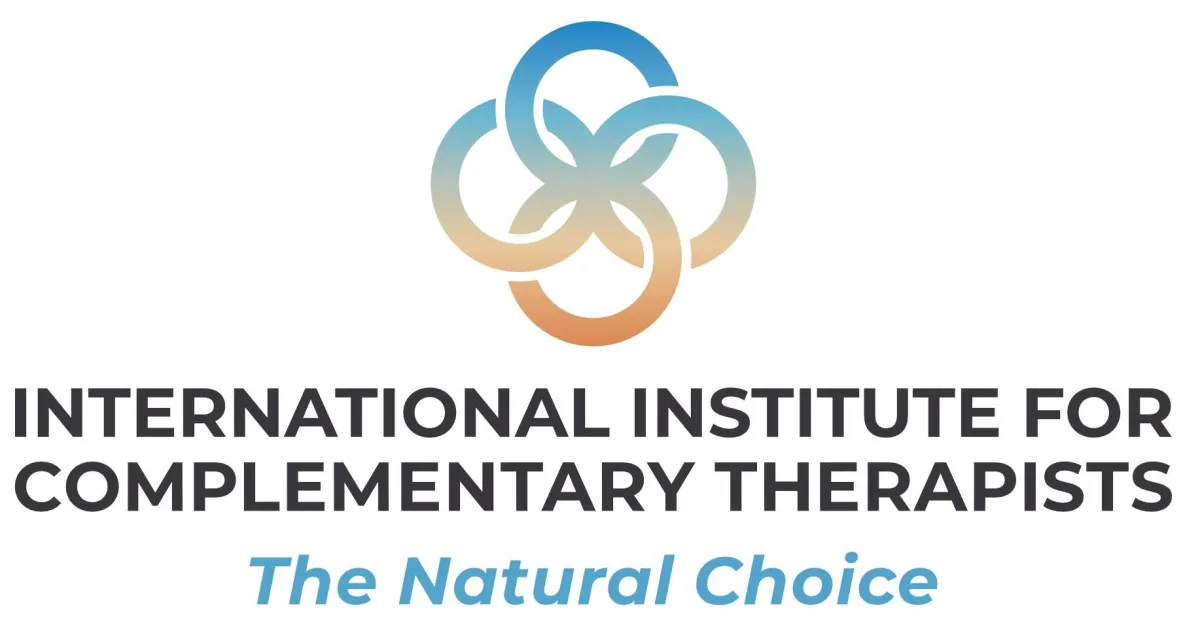
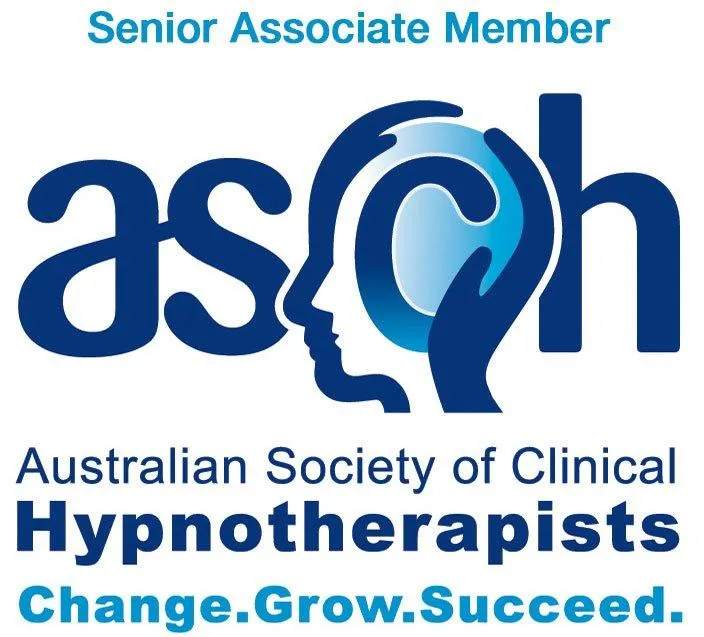
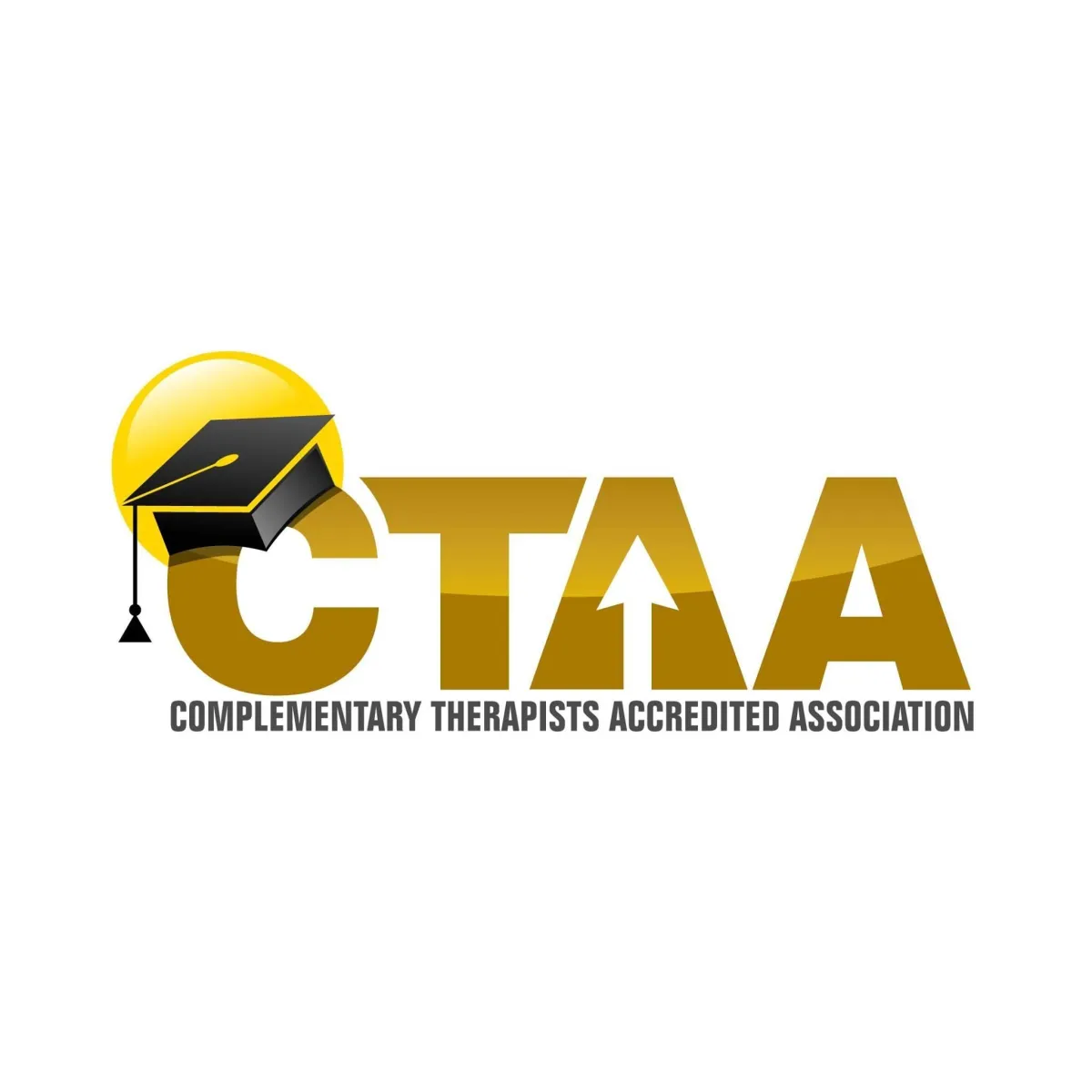
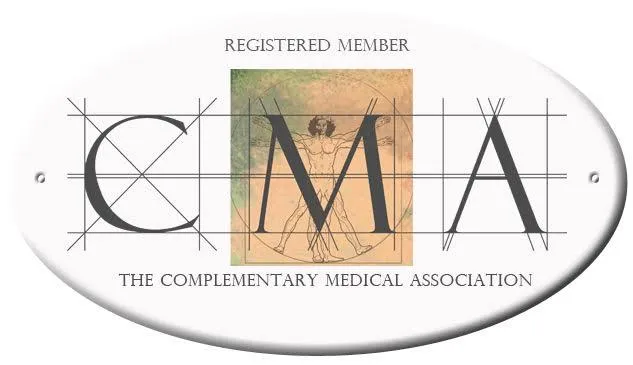
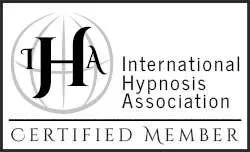
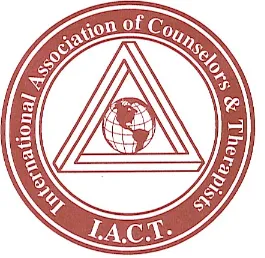
Frequently Asked Questions
What is Hypnosis?
It is the bypassing of the critical faculty of the mind and direct communication with the subconscious mind. It feels a lot like a deeply focussed day dream. Another name for it is Monoideism which is essentially having a singular focus.
What is Hypnosis Like?
Have you ever been in a room full of people, feeling as though you are taking part in the group but feeling detached from it?Have you ever had the experience of driving home while being preoccupied by something and suddenly realising that even though you have arrived safely at your destination, you can’t recall driving past familiar landmarks? It’s as if you were on automatic pilot.Have you ever been unsure whether not you did something or simply thought about doing it? For example, did you mail that letter or did you just think about mailing it?Have you ever been so absorbed in an activity that you were able to block out sounds or make them totally unimportant or not even hear them?Have you ever stared into space, thinking of nothing, and been unaware of the passage of time?Have you ever had the experience of remembering a past experience with such clarity and vitality that it was almost as if your were reliving it?Have you ever been able to shut out your surroundings by concentrating very hard on something else?Have you ever had the experience of reading a novel or watching a film and being so absorbed that you forgot about your surroundings, almost living the story?Have you ever been lulled into a dreamy state or put to sleep by a lecture or a concert, even though you were not tired?
What is a Clinical Hypnotherapist?
A Clinical Hypnotherapist is a specialist in hypnosis, who uses the healing state of hypnosis to work with problems or conditions that a client wishes to change.
Can Anyone Be Hypnotised?
Pretty much – some more easily than others. Like anything else in life, the more people practice self-hypnosis, the more easily they can slip into that wonderful relaxed state. The depth that people reach in hypnosis varies between individuals. It is not necessary to achieve a very deep level of hypnosis to bring about change to habits or conditions that are having a negative impact either mentally or physically.A common myth about hypnotisability is when a person says, “No one could hypnotise me" or "I’m too strong minded”. All hypnosis is self-hypnosis. A person goes into hypnosis because they choose to. So strong-minded individuals are really good candidates for hypnosis provided they are committed to wanting it to work for them.
Would I Be Asked To Do Anything Against My Will?
This is one of the common misunderstandings associated with hypnosis. This is probably tied in with another misconception that the hypnotherapist has control over the client. This is not the case. People will not do or say anything under hypnosis that they would not do when not in hypnosis. Thanks to TV shows and stage hypnotists, there is a common misconception that you can be hypnotised against your will. It is not true. All hypnosis is self-hypnosis.Research conducted at the University of NSW by Dr Amanda Barnier and reported inThe Sydney Morning Heraldon 2 February 1998, states that “Hypnotised people do not act like robots, nor are they powerless pawns of post-hypnotic suggestionsplanted.
In What Areas Can Hypnotherapy Be Used?
Hypnotherapy can help with smoking cessation, overeating, nail biting, bed wetting, insomnia, headaches, exam nerves, pain, anxiety, panic attacks, phobias, bulimia, depression, mood swings, alcoholism, relationship problems, hostility, anger, resentments, worry, guilt, grief, asthma, blood pressure, sexual dysfunction, warts, compulsions.Hypnotherapy has been a great help in improving exam performance, study recall, memory, sports focus, public speaking, personal growth, pain control, performance, assertiveness, childbirth, communication, relaxation, counselling confidence, releasing the past, personal empowerment, goal setting.Hypnosis can be used in the treatment of most disorders, whether mental or otherwise, where the relaxation response promotes the person’s positive mindset. For example, with a physical injury, the person’s mental resources can be enlisted to aid in managing the subsequent discomfort, allow for some rest, and lessen the associated emotional trauma. It must be noted that Hypnotherapy is not a replacement for medical treatment from your doctor.
What Is The History Of Hypnosis?
Hypnosis is not a new modality of treatment. Hypnosis has had a variety of names and has been used for millenia as a means of influencing human behaviour. Therapeutic suggestion and concentration have been practised throughout the history as we have sought to recognise and treat discomfort, disorder and disease. The Celts and Druids practised hypnosis. The Egyptians established “sleep temples” some 4,000 years ago dedicated to therapeutic trance states in which curative suggestions were given. The Bible contains many sections which allude to hypnotic phenomena. Primitive tribes had Shamans who practised ritual, sleep cures and healing suggestions to remove the influences responsible for illness. Undoubtedly, the chants of the earliest medicine men helped many patients to restore their health. Think about the crooning and rocking that a mother uses to help her fitful child into a peaceful state of quiet and sleep.In modern times, hypnosis is usually dated to Vienna in the 1700s and a young physician named Mesmer. The method Mesmer used became known as Mesmerism. Mesmer guided his patients to use their powerful imaginations. By doing so, Mesmer unwittingly lay the corner stone of many present-day therapies. Today, imagery techniques are used in many health care settings, with cancer patients, and in the areas of sports and business motivation.In 1855, English surgeon, James Esdaile, used hypnotic skills in India. He operated on three thousand patients, of which three hundred were major procedures. He discovered the mortality rate dropped from 50% to 5%, and that many of his patients recovered more quickly, had increased resistance to infection, and had greater comfort. He presented his findings to the Royal Academy of Physicians in London. His work was denounced as blasphemous because “God intended for people to suffer”.During the 1st and 2nd World Wars, interest in hypnosis was heightened because hypnosis was found to be very effective in combating war neurosis. The success of hypnosis in dismissing symptoms through a reliving of the events of a traumatic experience created a wave of enthusiasm for hypnotic methods.It is probably true to say that hypnosis is clouded with more myths and misconceptions than any other form of psychological practice, even though these misconceptions have their roots in long-distant history and have no foundation in fact.In Australia and elsewhere throughout the world, hypnotherapy is now recognised as a valuable therapeutic methodology.
Am I Unconscious Or Asleep When Hypnotised?
No. In hypnosis, the conscious mind takes a rest. Hypnosis allows you and the hypnotherapist to tap into the storehouse of information that lies in the subconscious (or unconscious mind) and makes positive changes to thought patterns, habits or the effects of traumatic incidents that are having a negative impact either mentally or physically.
Want To Book But Need Split Payments?
No worries! Afterpay, Zip, credit card and direct debit installment plans are all available!
Just discuss these options when you talk to Sue on your FREE Discovery Call.
Get in touch with us
Before you enquire, please have a good look through our site. We do our best to answer all questions upfront.
For new clients, be sure to watch our Getting Started Presentation which goes over the details of how our clinic runs.
For existing clients, click the Existing Client button to rebook another appointment.
For all other enquiries use the form below and we will get back to you as soon as possible.
0483 955 389
PO Box 56, Tyabb VIC 3913
Mon - Fri 10.00-4.00
Learn More

Disclaimer: Hypnotherapy and coaching services offered on this site are intended for general wellbeing and personal development. They are not a substitute for medical or psychological diagnosis or treatment. Results may vary from person to person.
Follow Us
Follow Us
© Copyright 2025. SPORT HYPNOTHERAPY, All rights reserved.
